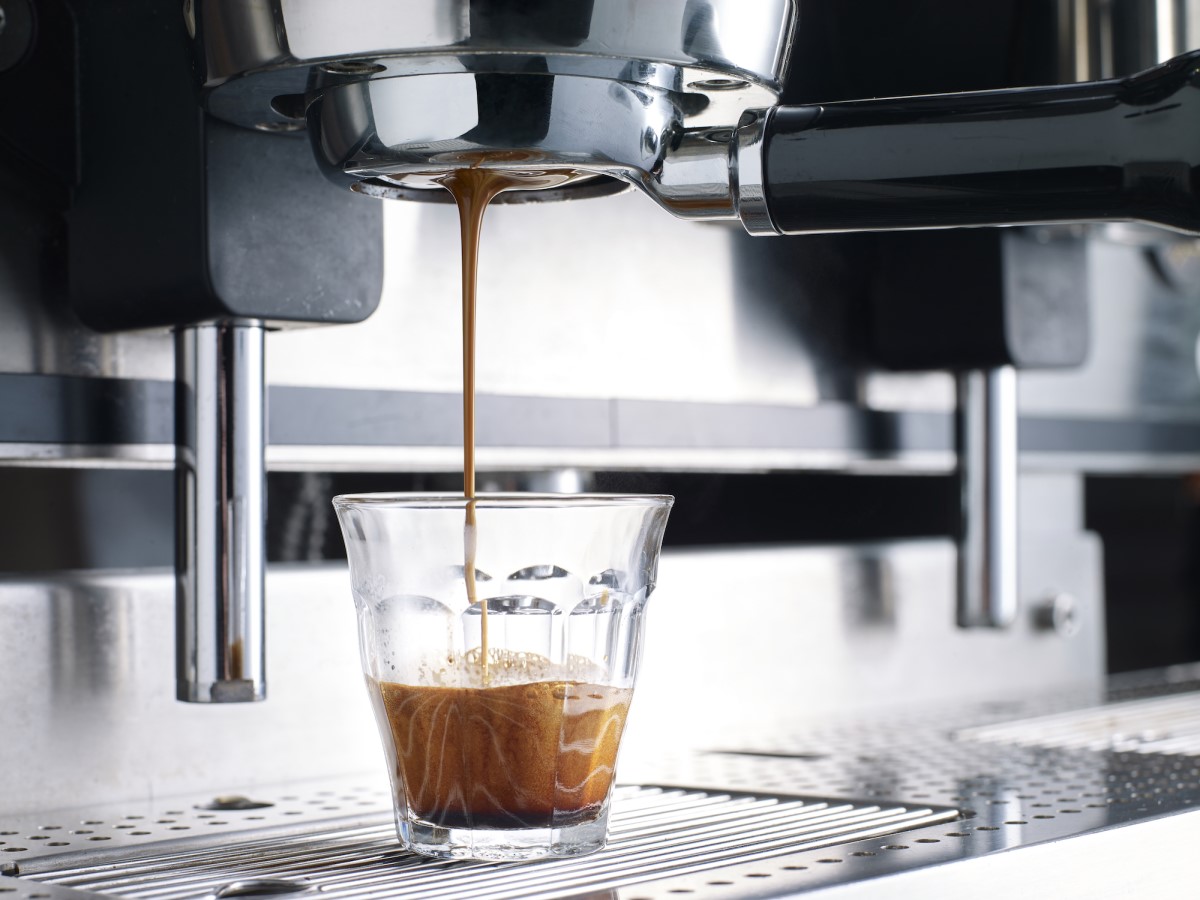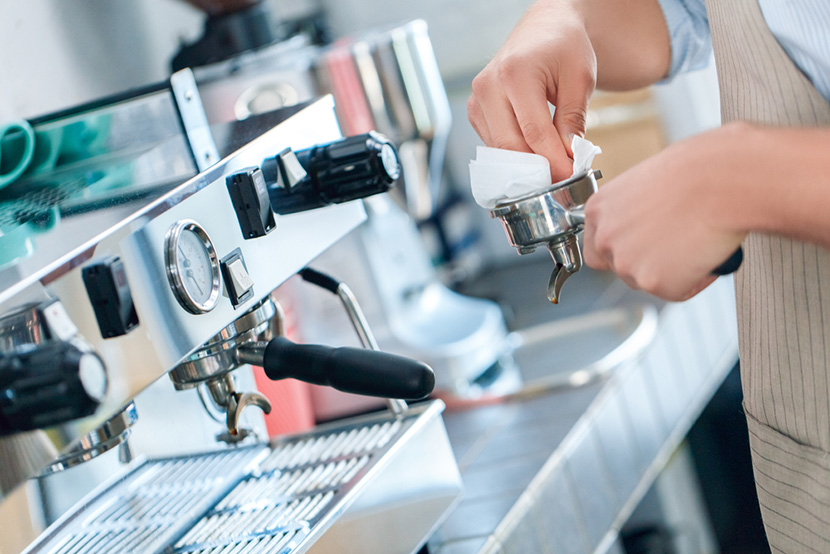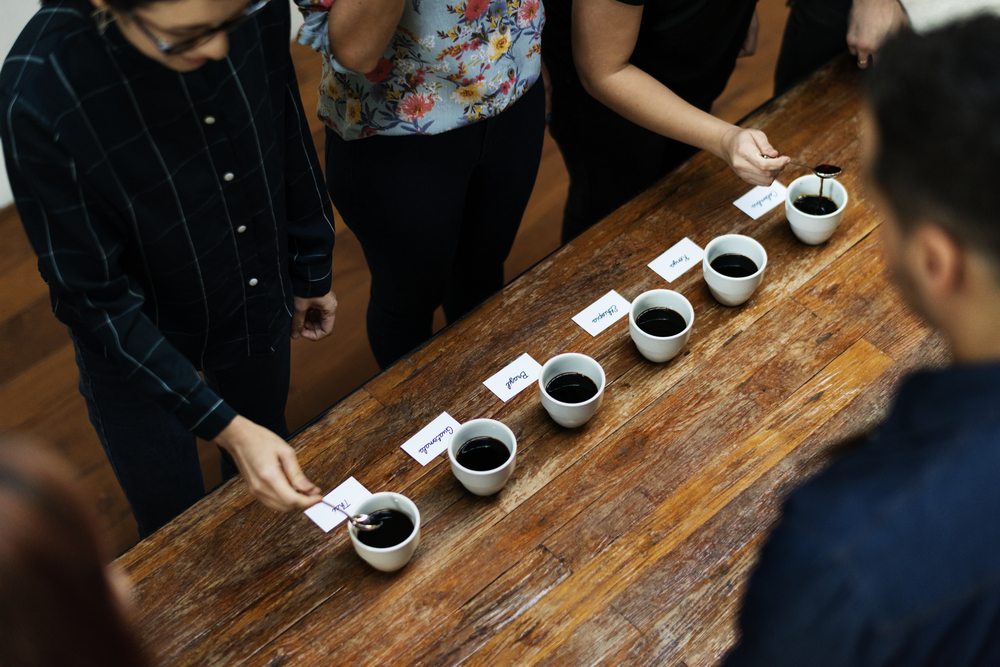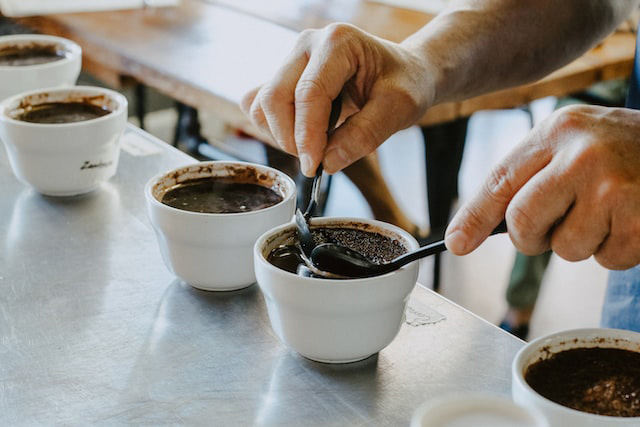As published in BeanScene magazine
For expert tasters, baristas and cafe owners alike, speaking the language of espresso is an essential skill.
Long gone are the days of ordering or preparing a simple ‘cup of coffee’. As a sophisticated coffee culture has evolved, so has the vocabulary to describe its every nuance. The last decade has even seen the emergence of entirely new words and phrases that help deepen our understanding of espresso.
Posted in Barista training, Barista Tips
As published in BeanScene Magazine
Quality raw materials are the natural starting point, so make sure to source your coffee from a specialty supplier who can provide top quality, expertly roasted beans. A medium roast is ideal for espresso. A gourmet coffee supplier should be able to provide advice on blends to suit your taste preferences.
Getting the grind right is a crucial step in the process and is best achieved using a burr grinder. Coffee is hydroscopic, which means it absorbs water, so adjust according to your environment. The aim is to produce a uniform particle size that results in an extraction time of 25 to 30 seconds and yields 25ml of liquid. A grind that’s too fine means the water can’t get through, but if it’s too coarse, the water will flow through too quickly. Always grind as you go, otherwise freshness will be compromised.
Posted in Barista training, Barista Tips
As published in BeanScene Magazine
Picture this: you walk into your local cafe, the barista warmly greets you by name and then promptly confirms your signature ‘macchiato with one sugar’ order. You feel welcome and at home as you retire to a seat and anticipate your sure-to-be-good coffee. Although there’s nothing extraordinary about this scene, unfortunately it’s far from the norm in cafés across the country, where service is all-too-often left on the sidelines. Customer service should be a large component of the coffee experience, yet it’s often overlooked by café owners and baristas alike. The good news is that it doesn’t take much to provide great customer service, provided you have the desire and commitment.
Posted in Barista Tips
It’s said that cleanliness is next to godliness and using this mantra in coffee making will ensure maintenance of a high standard. Just as using expertly roasted specialty coffee is important, working with well maintained equipment will mean nothing stands between the beans and a delicious cup of espresso.
Posted in Barista Tips
As published in BeanScene Magazine
Despite what you may think, anyone can learn to become a better taster and assess coffee like a pro. We all know that taste is subjective. What you may not realise though is that you can train your palate and become a more discerning taster. This ability to pick up subtle differences in taste – and to define them – is a worthwhile endeavour, whether you are a coffee professional or a home barista. If you work in the coffee industry, developing your palate is a necessary skill. It will help you get the best out of your machine, and your coffee. It will also assist you in selecting the right coffee and roasts for your customers.
Posted in Barista Tips, Latest News
Coffee tasting and appreciation can turn the simple act of drinking coffee into a richer experience. Drinking coffee and tasting it are two distinct acts, and through the practice of cupping, anyone can enhance their enjoyment of coffee. Whether you’re a coffee professional or a home enthusiast, there is no better way to understand and explore your passion than by developing your ability to examine a coffee’s unique characteristics in-depth.
Posted in Barista Tips





